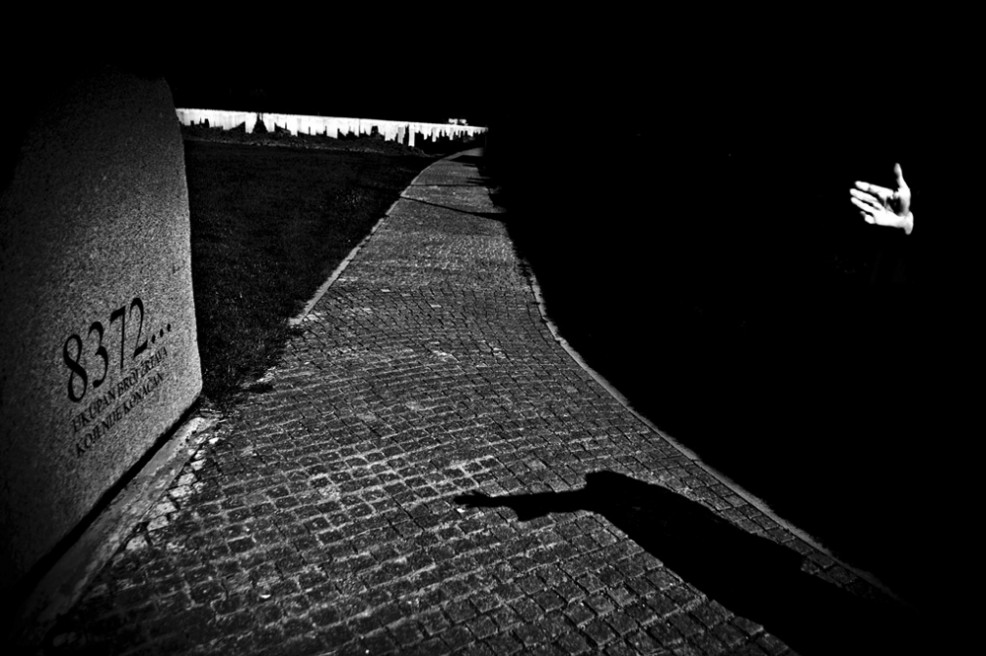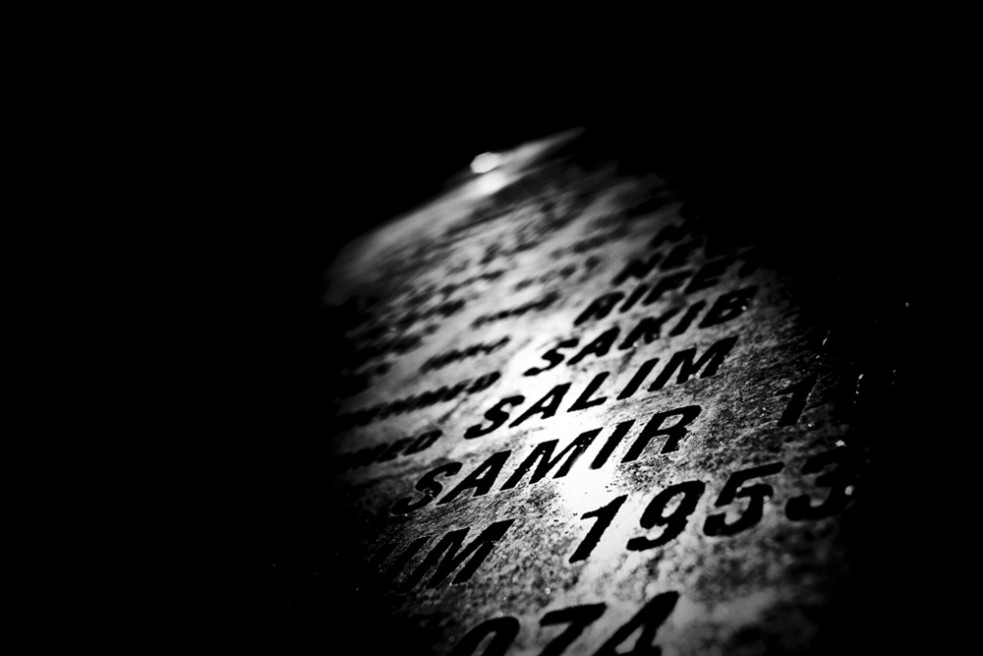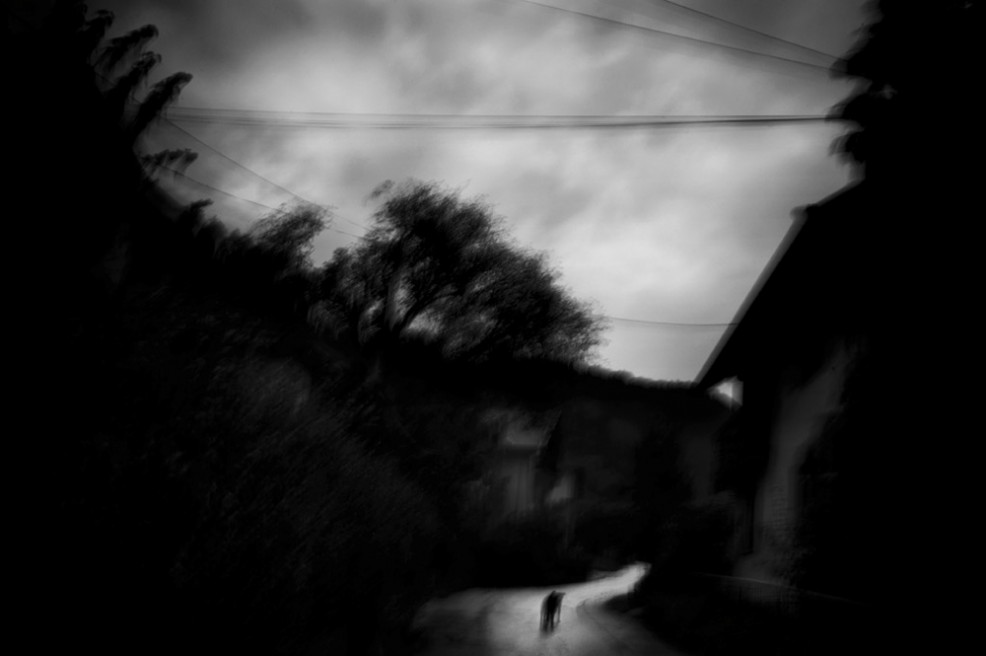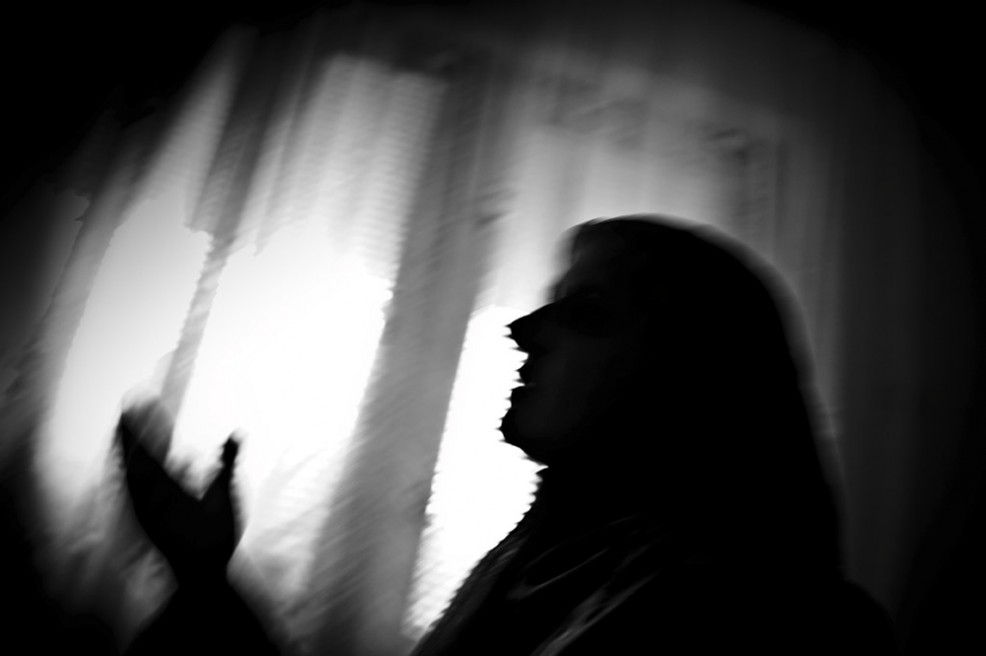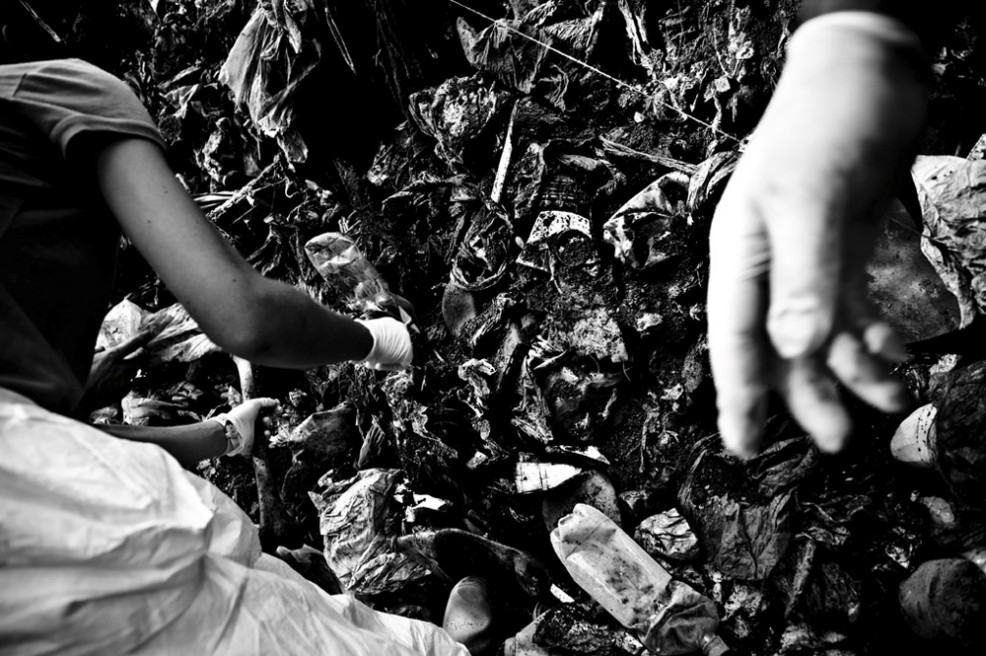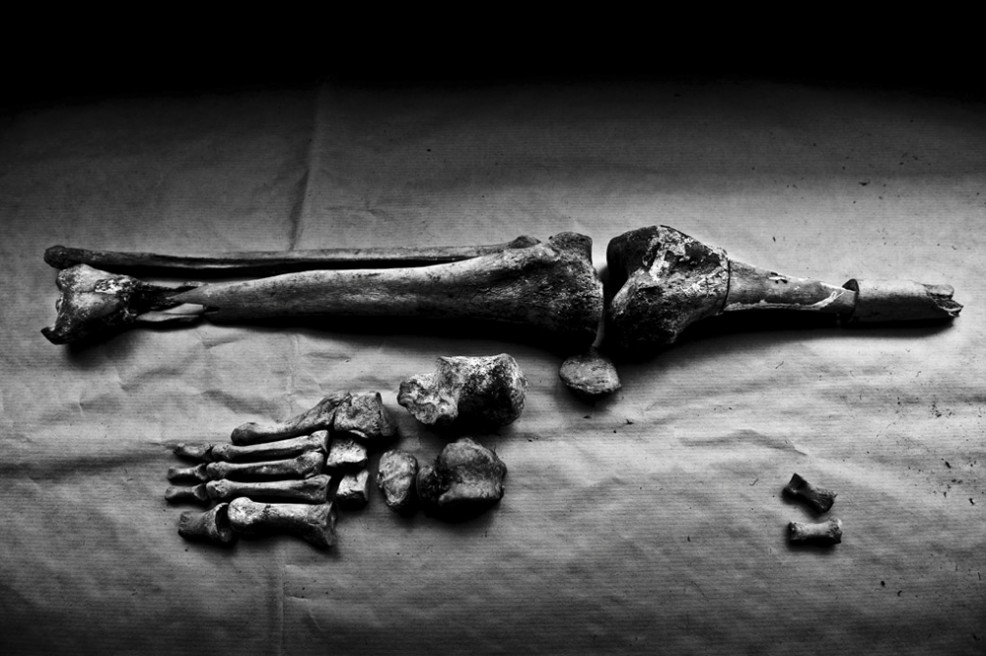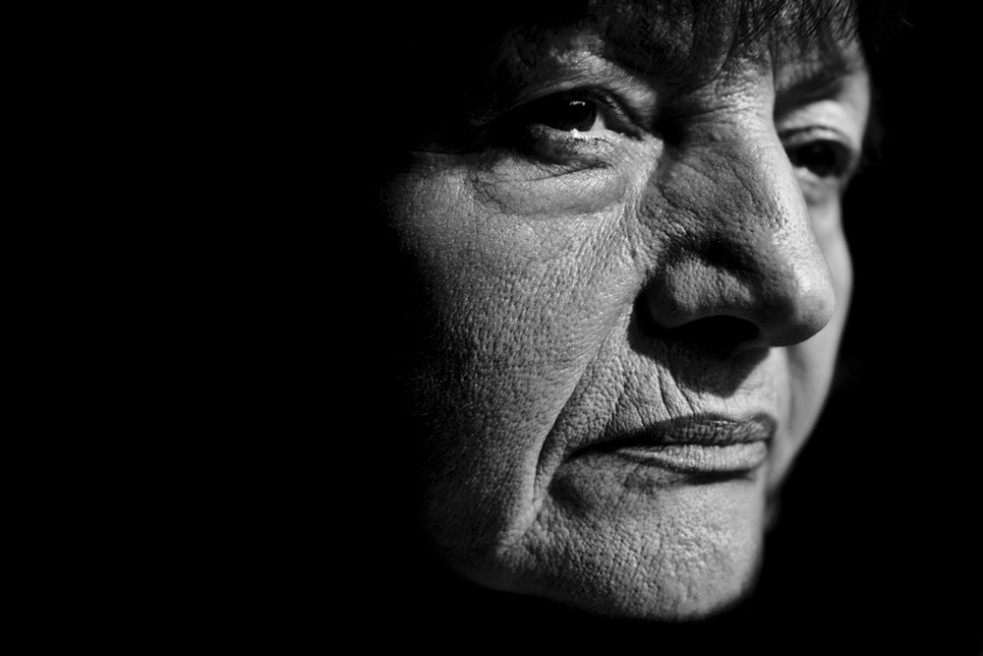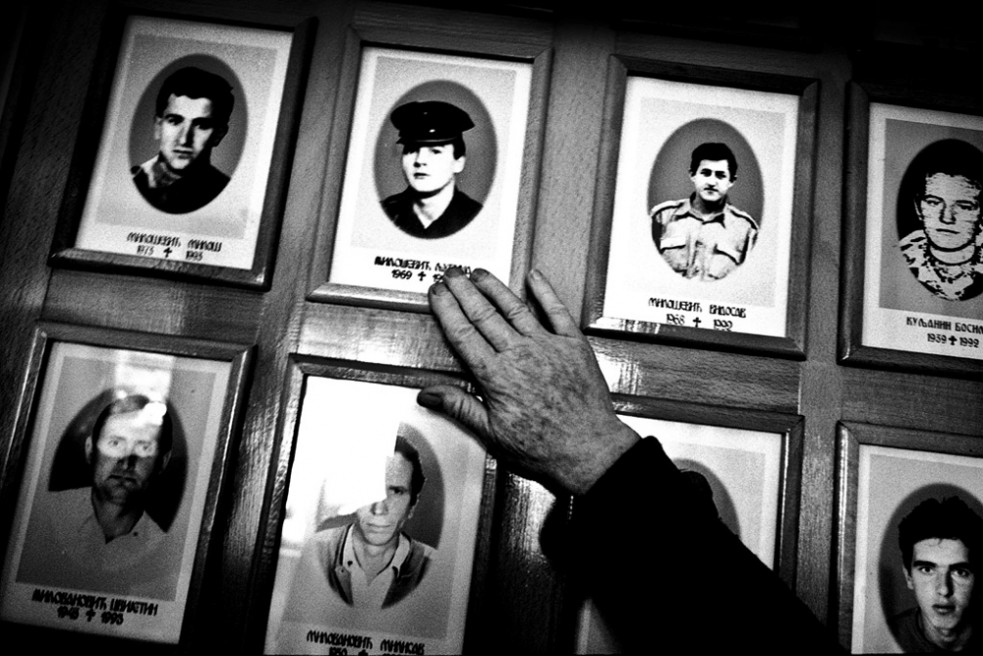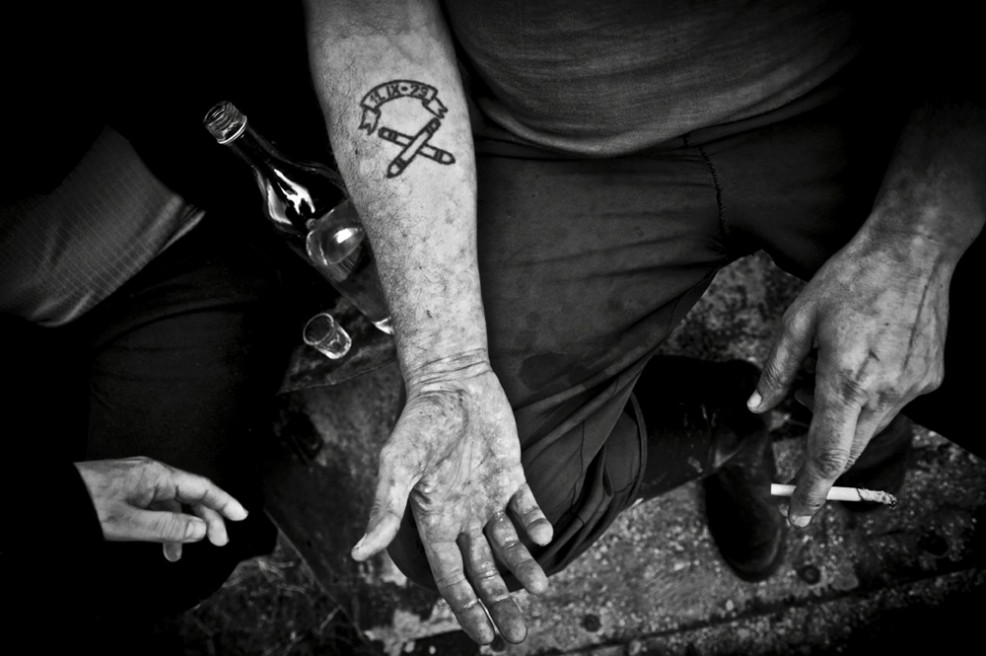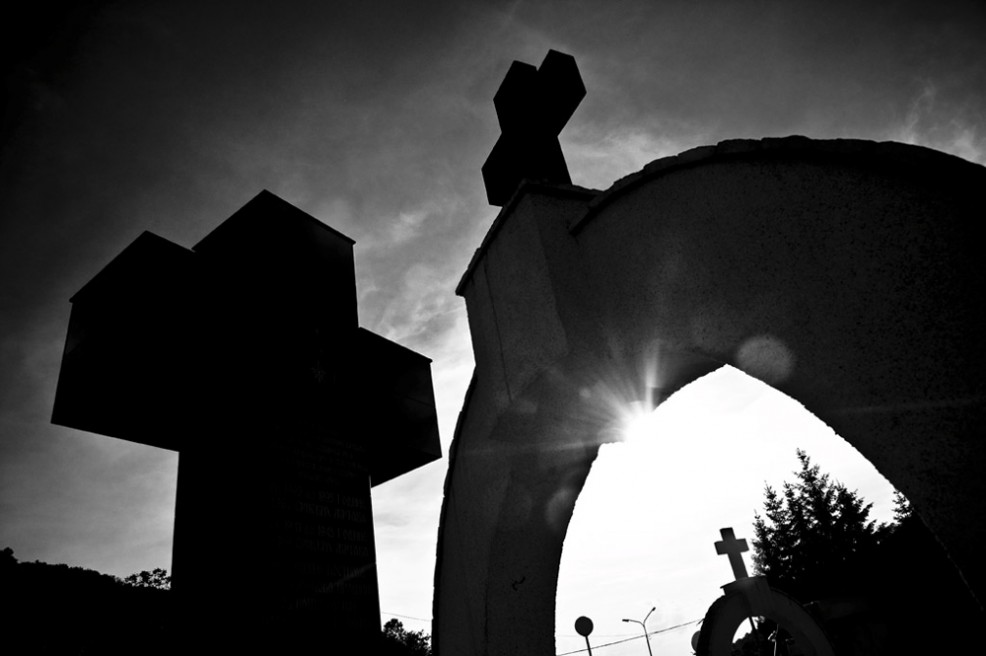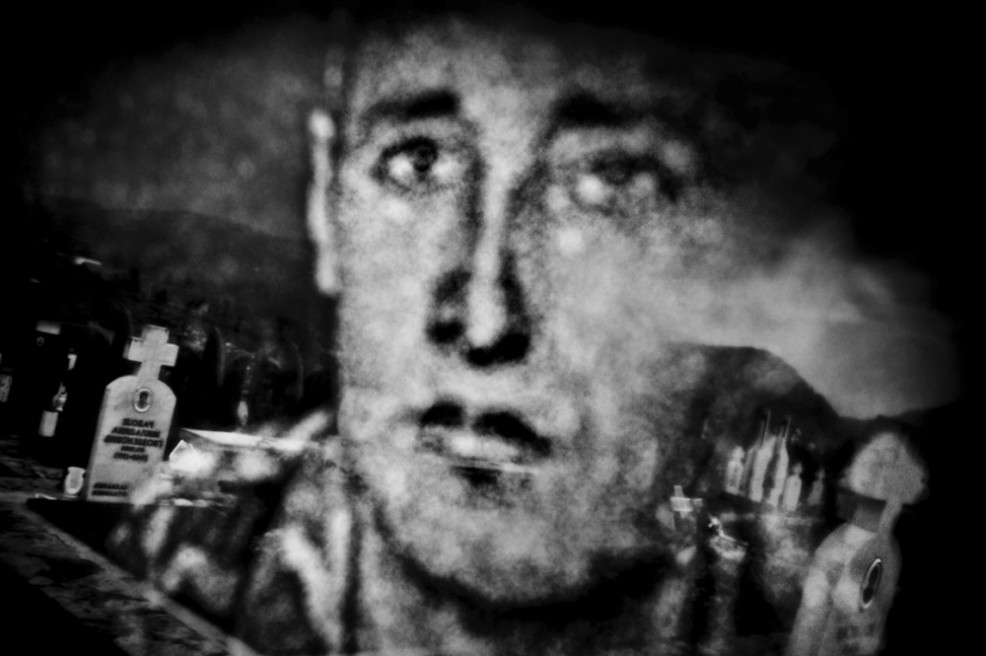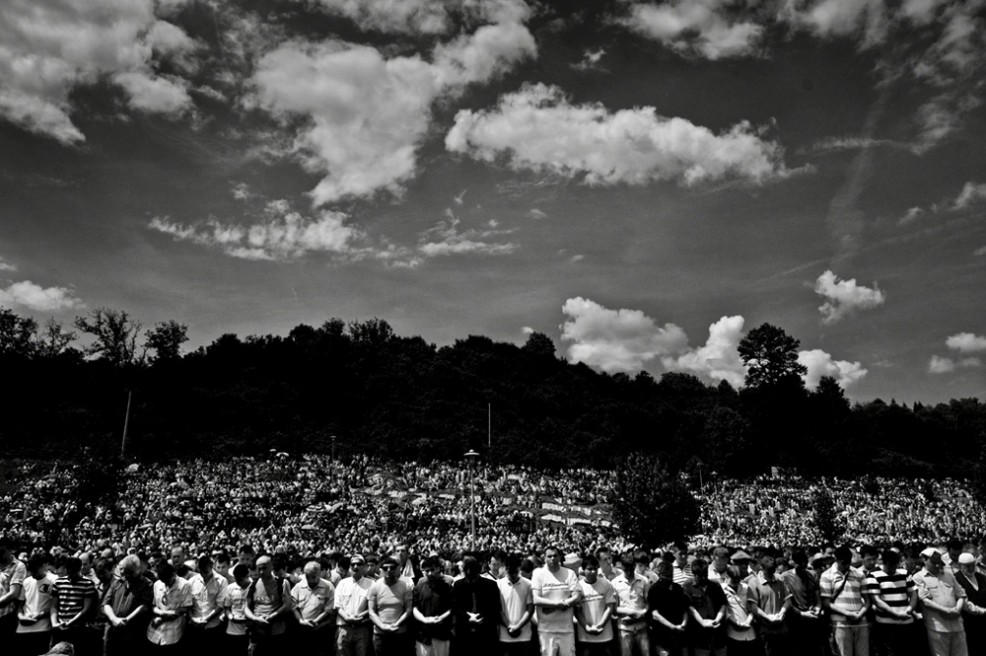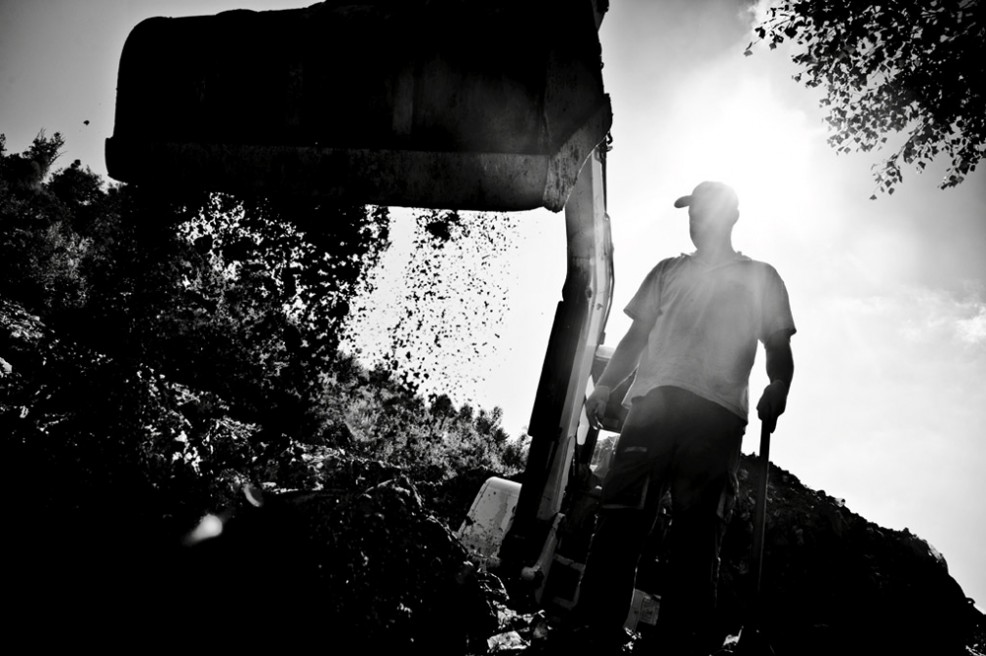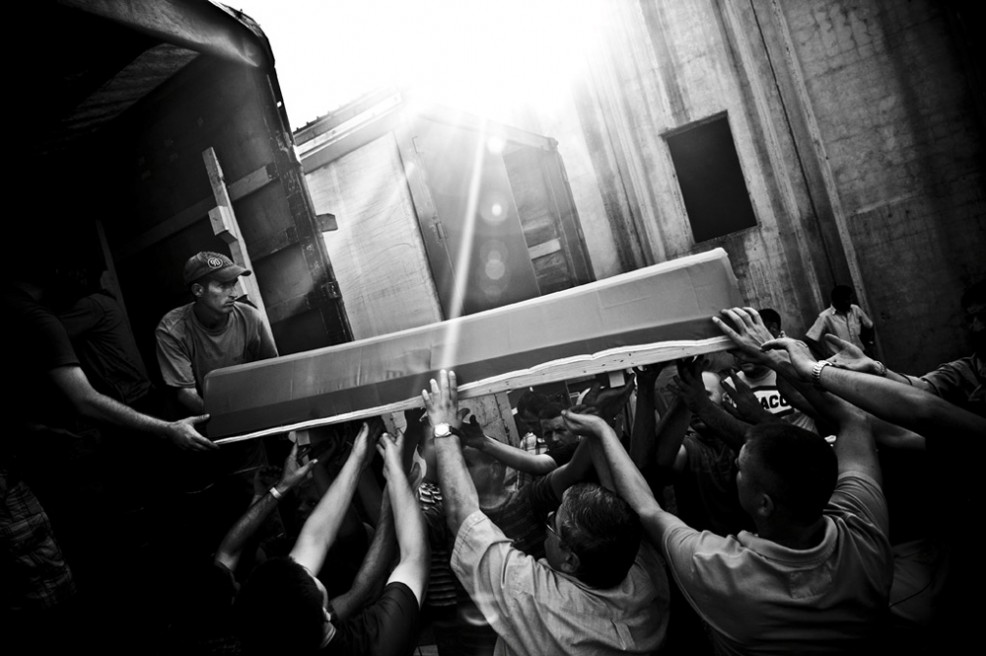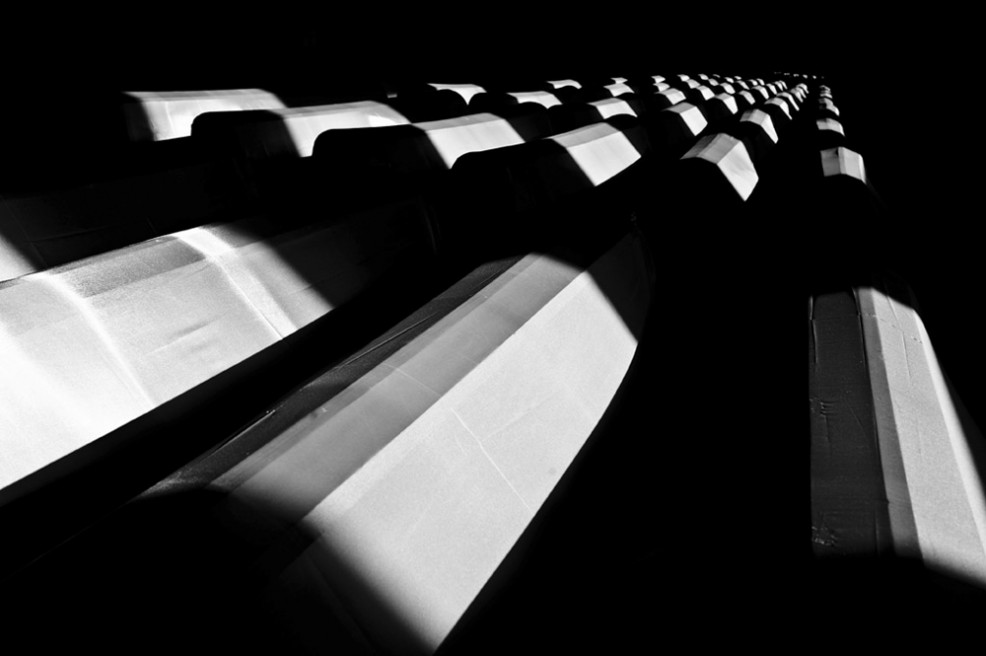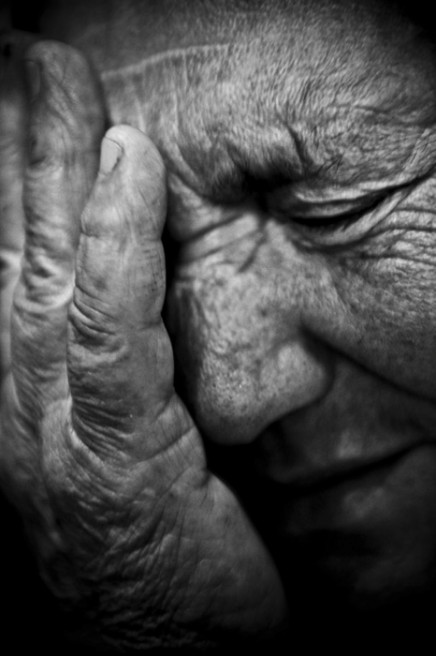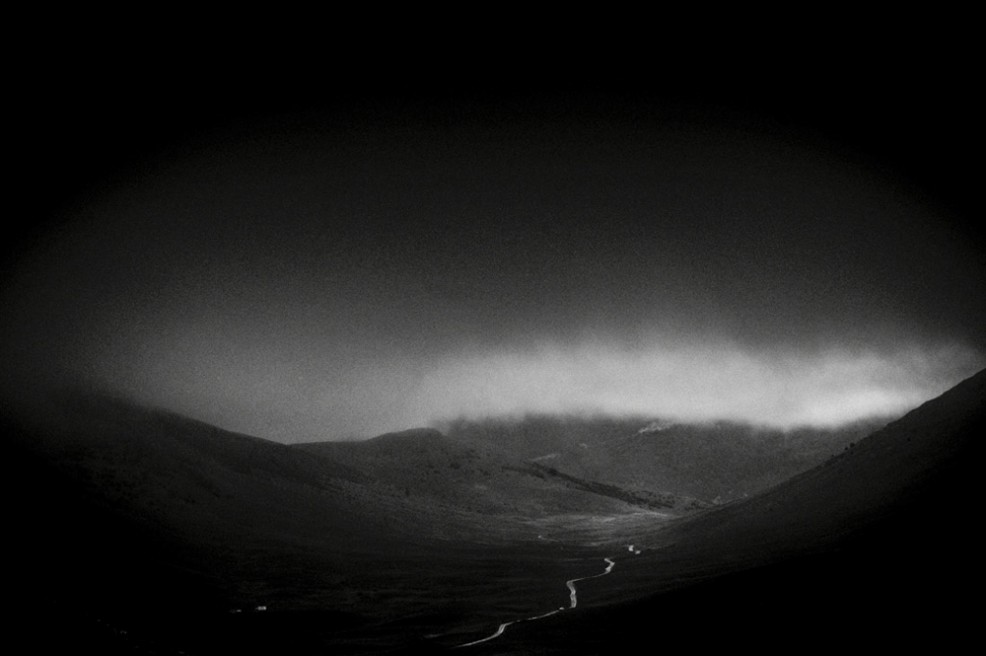Bosnia - Aftermath of a genocide
Land, faith, ethnics and power.
The fight over those values is enchaining the states of Bosnia and Serbia and
the outcome of this conflict will define the future of the whole region of the western Balkans.
It was in the state of Bosnia where religious differences, stoked ethnic hostilities and the strive for power of a nationalistic Serbia came together and resulted in a genocide at the bosnian muslim population.
Before the Balkan-war, with Bosnia still being a state in the Republic of Yugoslavia, it was the country with the most diverse population: being home to bosnian muslims, catholic croats and orthodox serbs, all of them living together peacefully and door by door for decades.
But the Republic of Yugoslavia was coming to its end and its constituting countries were, driven by old fears and nationalistic propaganda, fighting for independence along their ethnic borders. After claiming independence in 1992, the resulting war in Bosnia lasted
four years and became the scene for some of the worst massacres in Europe after WWII.
A genocide, carried out by bosnian-serb forces, was taking place in eastern Bosnia, aiming at the creation of a “Greater Serbia” and willingly accepting the extinction of muslim life in order to reach its goal. At the peak of the atrocities, more than 10.000 muslims were murdered by bosnian-serb forces in Srebrenica in the July of 1995. At the end of the war, 200.000 people, mostly muslim civilians, lost their lives, hundreds of thousands got wounded, millions fled and a whole state and its society lay in ruins.
When I first came to Bosnia in 2009, I felt deeply ashamed. As a european, but much more so as a german citizen, having been confronted with the history of my own country for all my life. What happened in Bosnia was in its ideology very similar to the jewish genocide and it seemed like “Europe and especially Germany have learned nothing since the Holocaust. Nothing has been done to halt the killing. What is happening in Bosnia and Herzegovina is a posthumous triumph for Hitler." Those were the words of Marek Edelman, recently deceased, the last surviving commander of the Warsaw Ghetto freedom fighters, speaking to a mass rally for Bosnia on 14.11.1993.
Today, 15 years after the signing of the Dayton Peace accord in November 1995, with Bosnia now officially at peace, one can still see and feel the aftermath of the genocide.
In the towns and surrounding villages of Foca, Visegrad, Zvornik, Zepa and Srebrenica, comprimising the area of eastern Bosnia - the athmosphere is like a deep fog of collective trauma that is hovering over the land and its people, still poisoning the human spirit that used to exist in the multicultural state of Bosnia. Nowadays, the feelings of tension, fear and a deep division between the people are constant companions, silent reminders of the atrocities and the genocide comitted here.
After working in this remote region of Bosnia for more than one year, returning for weeks and months on end and getting to know the place, its culture, problems and its people well, I am willing and able to find deeper, sharper images beneath the surface which will document the political, social and personal consequences of this genocide.
To achieve this, I will again spend months living in Bosnia, as for this project it’s about being in the place, to see it, to feel it, to make the audience able to connect to it.
Houses may have been rebuilt, but it’s the pain inside, the loss of their beloved ones what makes the people of eastern Bosnia suffer so much. And it’s the ignorance and neglect for that suffering on the serb-side that defines the athmosphere in this area, that creates that deep division between not only the local people, but also between the states of Bosnia and Serbia. And in order to overcome the latent instability of the western Balkans, one must understand and communicate the impact, the psychological dimension of the events.
Because even though the war in Bosnia may be over: the current condition of the country, deeply divided and riddled by political apathy, misuse of power, economic stagnation and the resulting frustration of the population, are direct consequences of this genocide and are the breeding-ground for a new nationalism, able to stoke yet another war, tearing Bosnia and the Balkans apart.
It is the issue of dealing with the genocide in Bosnia which I believe will decide over the future of the Balkans. Through the support of the Foto Visura grant,
I want to continue my documentation of this ongoing struggle and follow the region’s course into the future.
Andy Spyra
Photographer
Bosnia - Genocide
Public Project
Bosnia - Genocide
4,354

